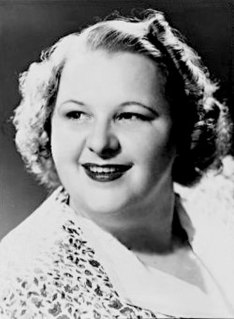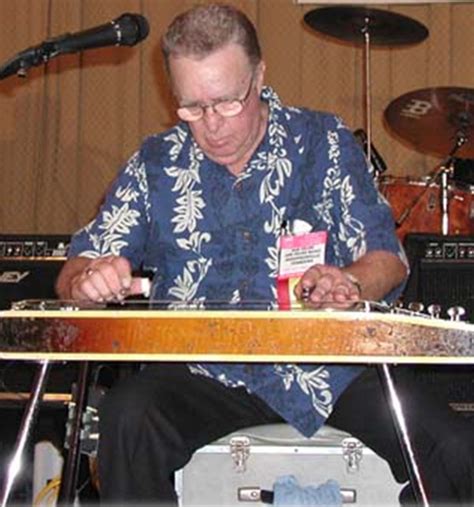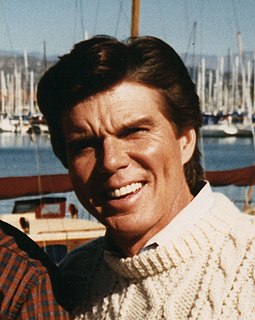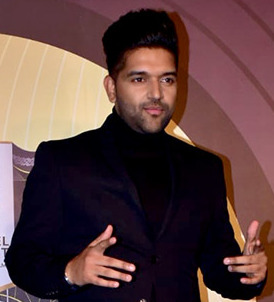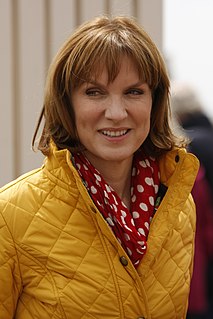A Quote by Kate Smith
It is important that the audience should understand every syllable of every word, for only then can they grasp the meaning of the song.
Related Quotes
I think every time I play, every show is different, and I think that at a certain point a song isn't about you anymore. It's about the audience, it's about how the song has worked its way into other people's lives and that kind of keeps the meaning of the song new, because you see it reflected in other people every night.
The secret of good writing is to strip every sentence to its cleanest components. Every word that serves no function, every long word that could be a short word, every adverb that carries the same meaning that’s already in the verb, every passive construction that leaves the reader unsure of who is doing what—these are the thousand and one adulterants that weaken the strength of a sentence. And they usually occur in proportion to the education and rank.
My favorite song he ever wrote was 'Cold Cold Heart.' If you think about it, the lyric to 'Cold Cold Heart,' see how many two syllable words are in that song. Very, very few. ... Verses and the choruses have very few two syllable words. 'I tried so hard my dear to show that you're my everything.' One three-syllable word.
If we were given one word of information in our entire history, how we'd treasure it! how we'd pore over ever syllable, divining it's meaning, arguing its importance; how we'd examine it and wring every lesson we could from it. Yet today we have trillions of words, tidal waves of information and the smallest detail of every action our government and businesses take is easily available to us at the touch of a button. And yet...we ignore it, and learn nothing from it. One day we'll die of voluntary ignorance
The last word in ignorance is the man who says of an animal or plant, "What good is it?" If the land mechanism as a whole is good, then every part is good, whether we understand it or not. If the biota, in the course of aeons, has built something we like but do not understand, then who but a fool would discard seemingly useless parts? To keep every cog and wheel is the first precaution of intelligent tinkering.
You don't fully understand the meaning of a work until the audience responds to it. Because the audience completes the circle, and adds a whole other shade of meaning. Whenever you view something, and this is why great works of art survive decades and centuries, is because there's a door within the work that allows the audience to walk through and complete the meaning of the work. An audience isn't passive, nor are they unintelligent.
